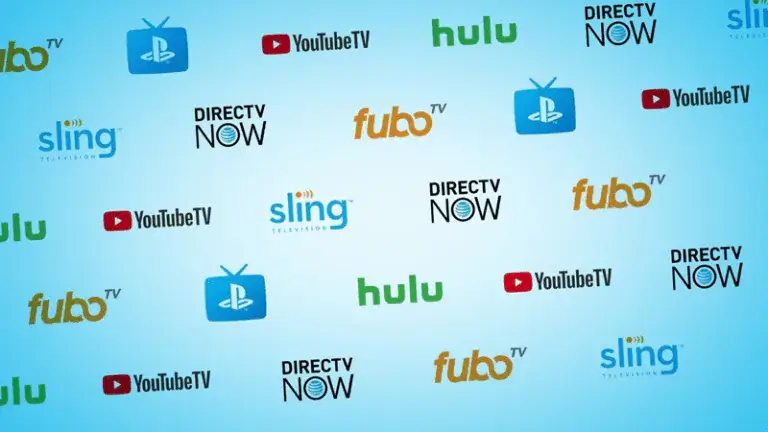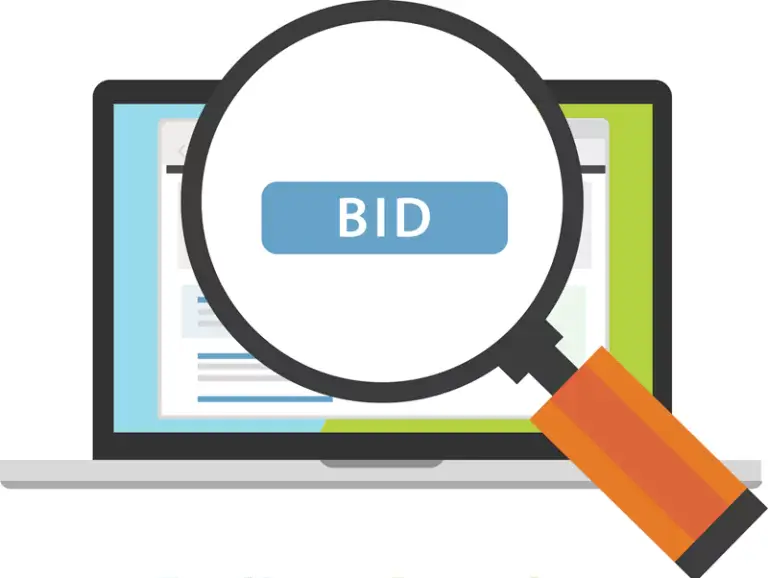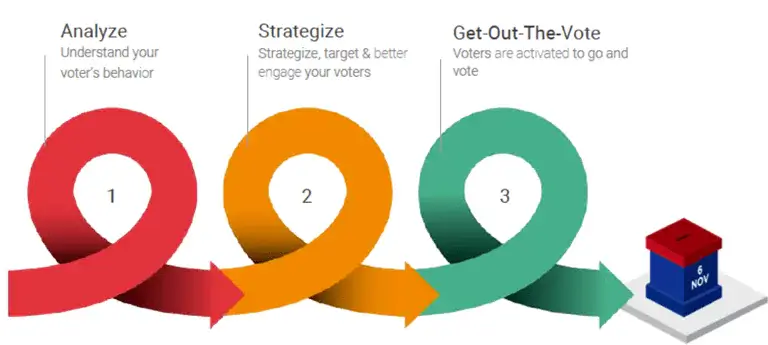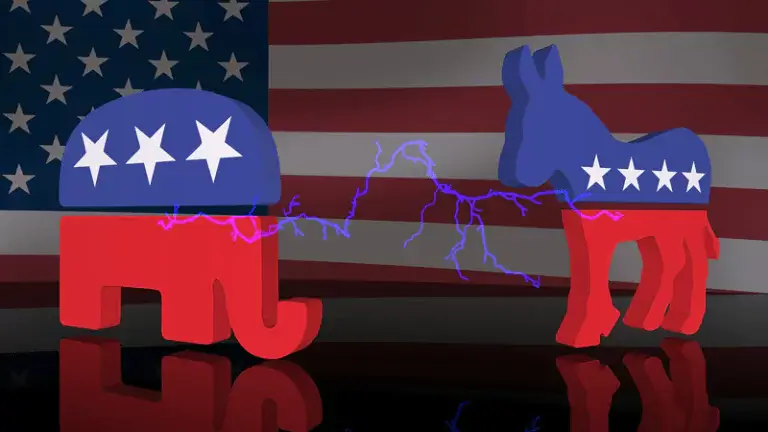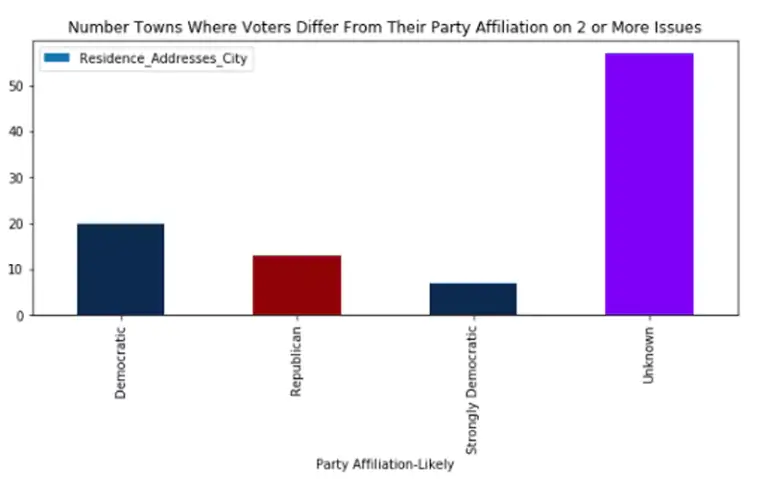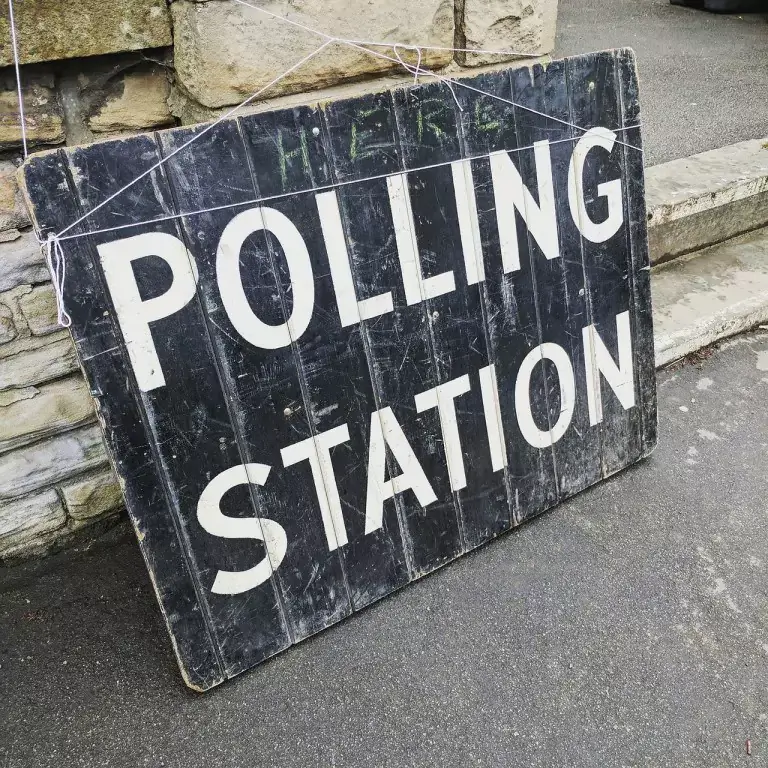Political News Sites Team Up to Take on Google and Facebook In a Rare Display of Bipartisanship
BY IQM EDITORS
The Digital News Alliance aligns conservative and liberal-leaning news outlets for a unique ad sales opportunity in advance of the 2020 U.S. Presidential Election cycle.
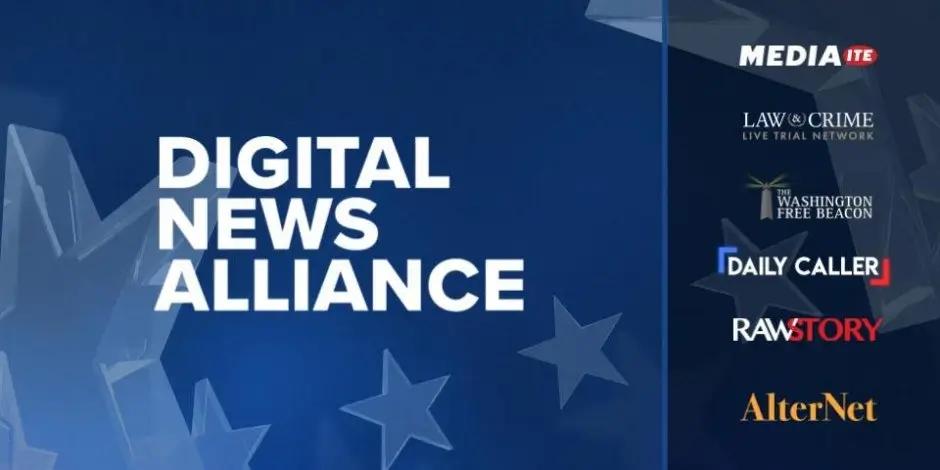
A group of news publishers from all ends of the political spectrum are teaming up to wrestle ad dollars away from Google and Facebook. The new Digital News Alliance includes centrist news platforms Mediaite and its sister site, Law & Crime, conservative outlets The Daily Caller, the Washington Free Beacon, and liberal-leaning Raw Story, and AlterNet. The coalition hopes to leverage their combined politically active audiences to provide candidates an alternative to the two leading players in the digital advertising ecosystem.
Andrew Eisbrouch, the chief operating officer and general counsel at Law & Crime told The Wall Street Journal, “This is a way to try to bring some of the ad dollars now being directed at the tech behemoths back to midsize political publishers.” He added, “We want to offer a package that is different from what a marketer can get on Facebook or Google.”
The Stakes and Dollars are High
The 2019 US Digital Ad Spending Report by eMarketer found nearly 60% of all digital ad spend flows through Google and Facebook. U.S. total digital ad spend is expected to be over $129 billion in 2019 and $151 billion in 2020. GroupM, WPP’s ad-buying unit projects political ad spending will be $9.9 billion in 2020, with $2.8 billion generated directly from digital political ad spending. The $2.8 billion figure represents a 40% increase from 2018. So tapping into the political ad space in advance of one of the most active political campaign seasons in modern history is attractive to entrepreneurs.
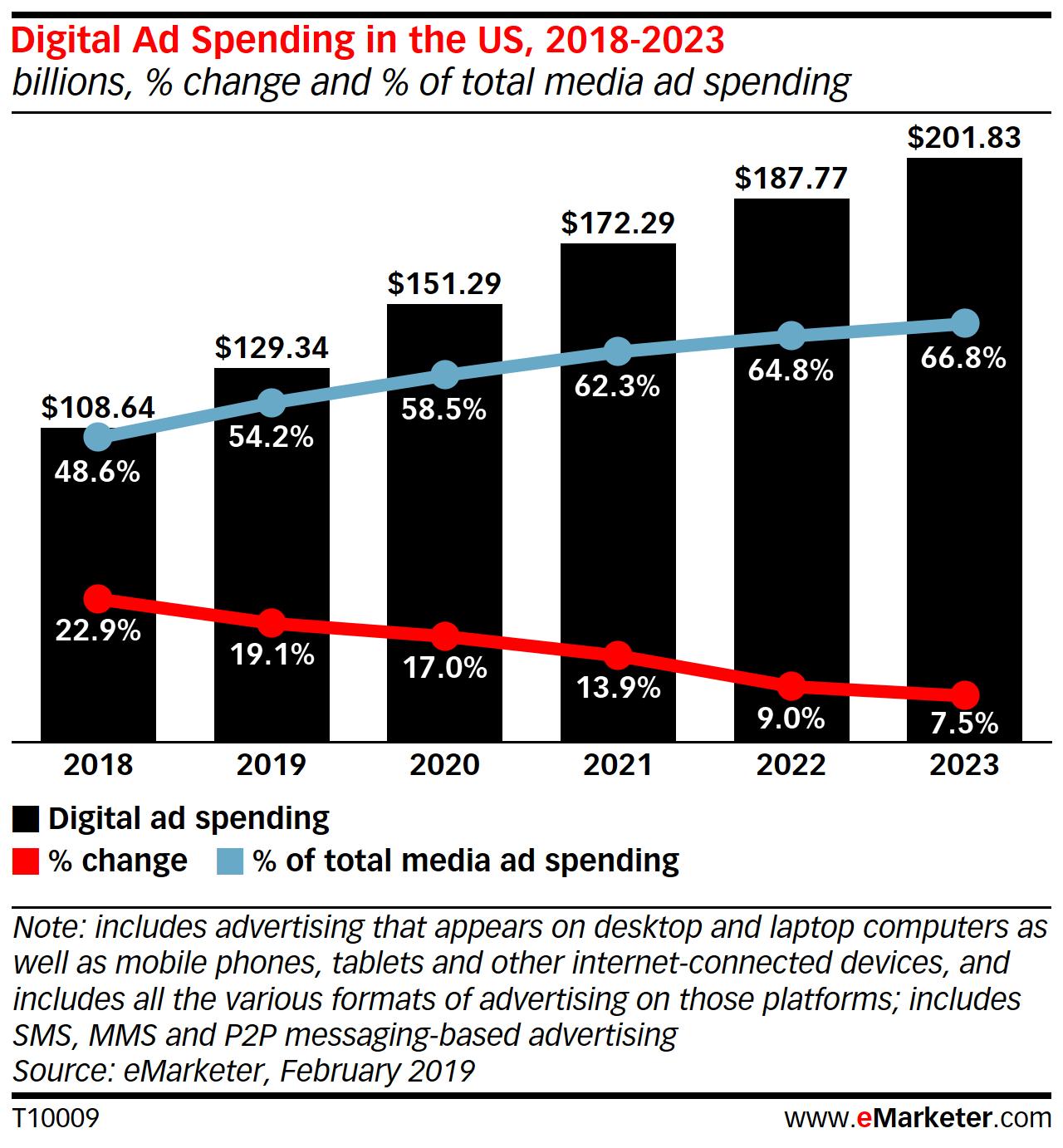
But the two leading digital advertising giants are facing increased scrutiny about the veracity of the political content delivered on the platforms and demands for more public disclosures of the companies, individuals, and groups buying ads. For example, Google made the decision to ban political ads on its platforms before the Canadian federal election. The move was partially motivated by the country’s new and more stringent transparency rules.
Deregulated Political Advertising Ecosystem
As more political outreach moves to social media news feeds, it’s become harder for potential voters to trust the content they’re consuming. A more politically sophisticated reader has an easier time determining factual content from clickbait. Clickbait is typically sensational headlines simply created to encourage visitors to follow a link to another site. Researchers are also discovering that creating and sharing hateful, false, or faked content is often rewarded on platforms like Facebook. However, the recent advancements in AI and DIY editing software is creating far more dangerous political content, deep fake videos.
Deepfakes significantly entered the mainstream consciousness when a video of the Speaker of the House Nancy Pelosi slurring her words during a speech went viral in May. The video was first posted on Facebook and then several Republicans shared the video on Twitter. Within hours, the video was deemed a fake. The video had been slowed down to make Congresswoman Pelosi appear drunk. But the damage had already been done and Facebook refused to take the content down.
The Digital News Alliance is uniquely constructed to help combat the emergence of deep fake content. The niche segment of political enthusiasts acts as a natural barrier to weeding out sensational content that’s not true. Faked content will not perform as well in this environment than on other online platforms.
A Political Advertising Unicorn?
We asked IQM Co-Founders Bhargav Patel and Kris Qiu about the new alliance and Patel said, “it’s a good idea and a creative way to compete against the Google and Facebooks of the world.” He added, “There’s a natural symmetry in our respective missions. Ultimately, we both want to deliver high-quality digital content to a niche political audience. They are doing it from the publisher end, we are a politically-focused platform.”
IQM is the only ad-serving platform provider working exclusively in politics. The company has worked on over 500 political campaigns in less than four years. IQM platform reaches over 100 million people daily. The solution providers’ 70% match rate of audience profiles enables campaigns to target voters with extraordinary accuracy.

